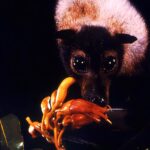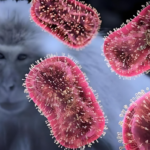At least 16 countries on the continent have confirmed cases of monkeypox, said Jean Kasseya, director of the African Center for Disease Control and Prevention, at an online conference on August 4. The number of reported monkeypox infections in Africa surged by 160% compared with the same period in 2023, highlighting the significant upward trend in the monkeypox epidemic in Africa. Kasseya stressed that in the face of the rapid spread of the monkeypox epidemic in Africa, the affected countries urgently need to take decisive and effective measures to effectively control and curb the spread of the epidemic.

On August 14, the Director-General of the World Health Organization (WHO), Tedros Adhanom Ghebreyesus, announced that the epidemic caused by the rapidly spreading monkeypox virus variant on the African continent had been officially recognized as a “public health emergency of international concern”. This measure, in accordance with the provisions of the International Health Regulations, means that the monkeypox epidemic has reached the highest warning level in the global public health alert system, indicating that the international community needs to attach great importance to it and take urgent response measures.
On August 15, the General Administration of Customs issued a notice on preventing the introduction of monkeypox into China.
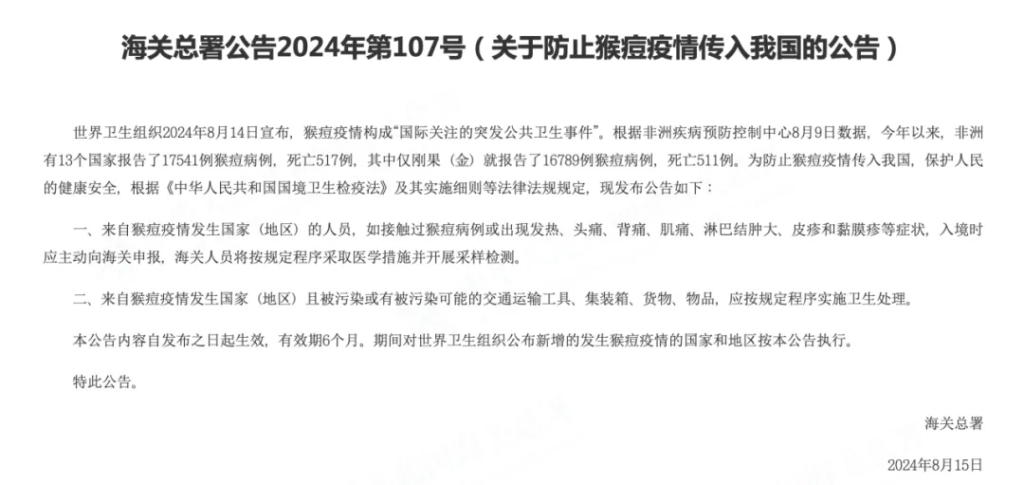
1、 what is monkeypox?
Monkeypox is a disease caused by the Monkeypox virus, which belongs to the Orthopoxvirus genus, the same virus family as smallpox virus. Monkeypox was first discovered in 1958 in monkeys bred in a laboratory in Denmark, hence the name, but in fact, monkeys are not the main reservoir of monkeypox virus. Monkeypox is common in the tropical rainforests of central and western Africa, but in recent years, cases have appeared in many countries and regions around the world.
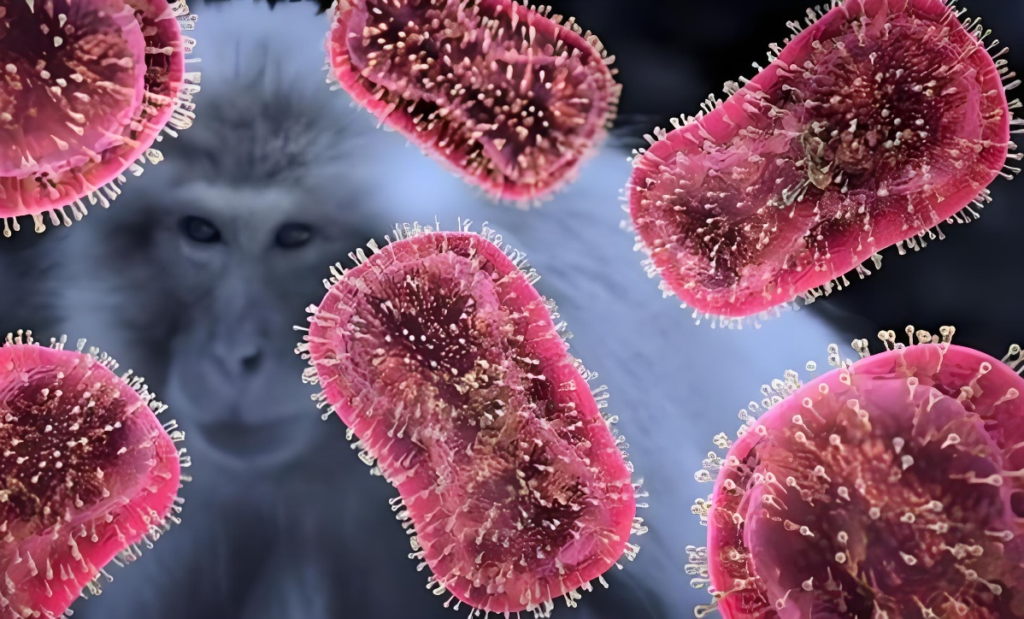
The source of monkeypox infection
The original habitat of monkeypox virus is mainly concentrated in rodent species on the African continent, such as African squirrels, arboreal squirrels, Gambian kangaroos and various dormice are regarded as the natural host of the virus. Infection with monkeypox in primates, which include members of the various monkey and ape families, is relatively rare and usually results from direct interaction with these virus-carrying rodents. In the ecological cycle of monkeypox outbreaks, the source of transmission of the virus is concentrated on infected animal groups and human individuals suffering from monkeypox.
Route of transmission
The virus enters the body by invading the mucous membranes or through tiny breaks in the skin, triggering the infection process. Human infection with monkeypox virus is mainly associated with direct contact, including direct contact with lesions, blood or body fluids of infected animals, and bites or scratches from animals. From person to person, the virus is spread mainly through close physical contact, and at the same time, over a short distance, droplets of larger particles may also be the medium of transmission. In addition, contact with virus-contaminated surfaces, such as personal clothing or bedding, also has the possibility of infection. The virus also has the ability to transmit vertically from mother to fetus through the placenta. It is worth noting that sexual transmission has been recognized as a route of transmission, especially in intimate behavior involving direct skin or mucosal contact, the risk of virus transmission has increased significantly.
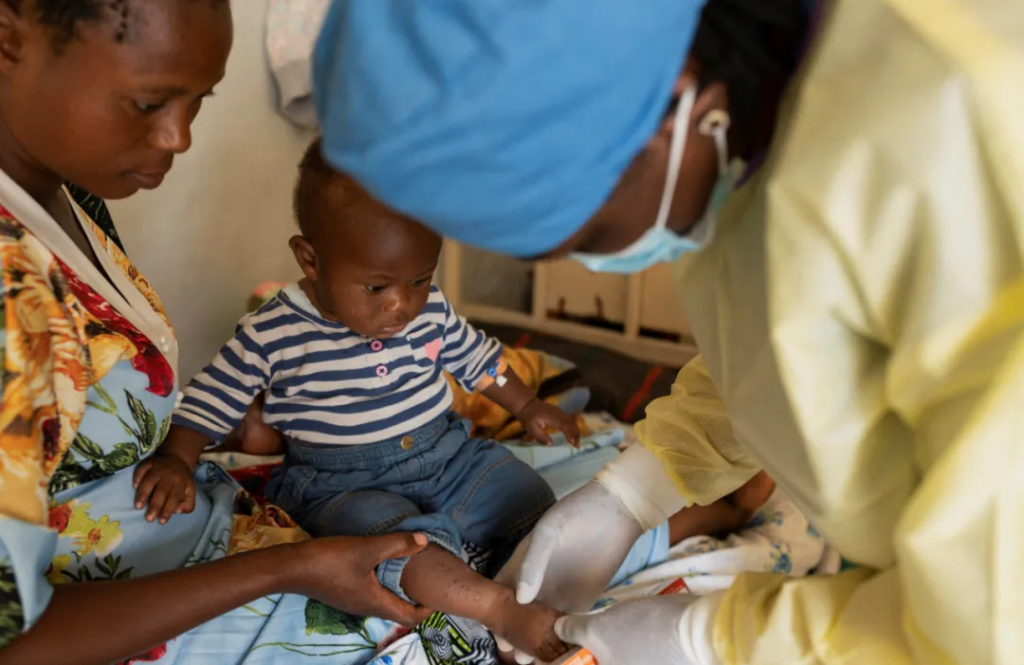
2、Monkeypox variant strain of virus
It is worth noting that there are significant differences in transmission characteristics between the current outbreak of monkeypox and the 2022 outbreak. The monkeypox outbreak in 2022 was mainly concentrated in the gay community, and the fatality rate was very low, less than one percent. However, the current epidemic strain is a new variant of monkeypox virus under “clade I”- “clade Ib”, and its potential lethality has aroused widespread concern. The mutant strain was first detected in the Congo region in September last year, initially affecting sex workers, but then spread rapidly to a wider population, especially children, who became more susceptible to high-risk groups.
3、What are the symptoms of monkeypox?
Monkeypox virus infection exhibits clinical manifestations similar to the extinct smallpox disease, with an incubation period usually ranging from 7 to 14 days. In the early stage of infection, patients will face a series of systemic symptoms, including high fever, severe headache, muscle pain, significant physical exhaustion and sore throat. Immediately thereafter, a characteristic clinical hallmark, a rash, begins to emerge, which may appear as tiny red spots at first, and then quickly evolve into clear, fluid-filled blisters known as poxes. These poxes will go through a complete process of filling, bursting, and finally hardening and crusting in a cycle of about two weeks. Throughout the course of monkeypox infection, patients may experience additional symptoms including enlarged lymph nodes, nausea, vomiting, and diarrhea. In particular, the swelling of lymph nodes, which is particularly prominent in monkeypox cases, has become a key point to distinguish from smallpox and provides important clues for clinicians to make early differential diagnosis.
4、Biomapper Product Recommendation

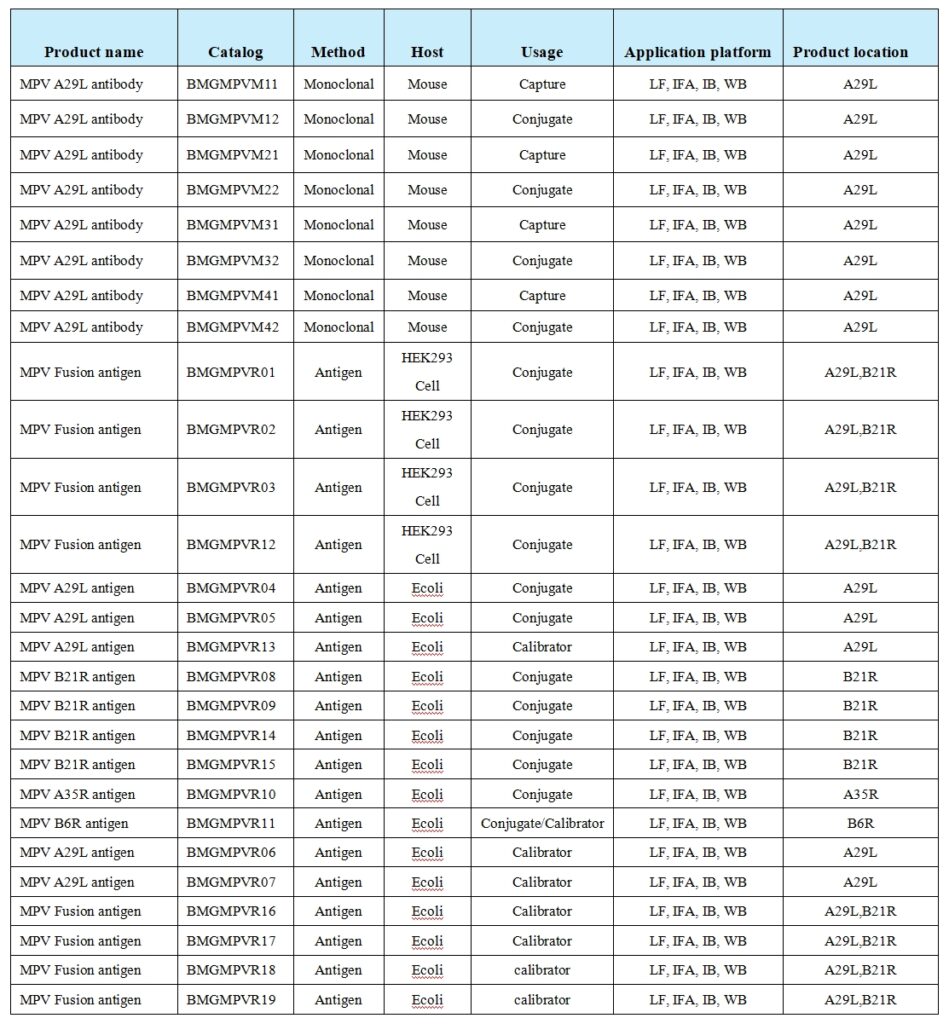
In the face of the severe situation that the monkeypox epidemic has been recognized as a public health emergency of international concern by the World Health Organization and has spread in many countries around the world, immediate and accurate in vitro diagnostic detection methods are very important, which occupy a central position in epidemic surveillance, case screening and prevention and control strategy formulation.
Maiyue Biology, as a professional supplier of core raw materials for in vitro diagnostic reagents, has always focused on providing high-quality and high-reliability diagnostic raw materials to help the development of scientific research and medical fields. You are cordially invited to contact us.

